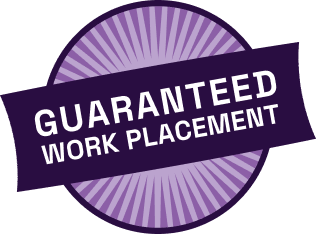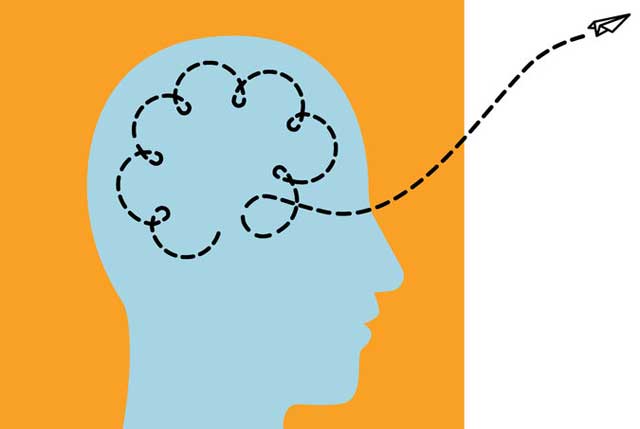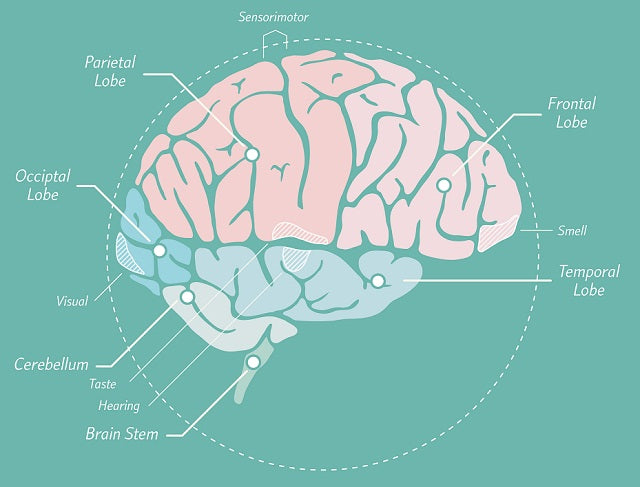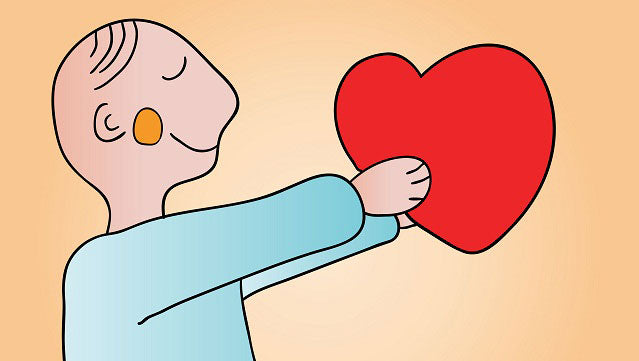Drug and Alcohol Worker
A career as a Drug and Alcohol Worker allows you to support individuals struggling with substance use, helping them on their path to recovery. In this role, you’ll provide counselling, education, and intervention services in community health centres, rehabilitation facilities, and outreach programs. With the increasing need for addiction support services, this career offers strong job security, personal fulfilment, and opportunities for growth in the healthcare and social services sectors.
Ready to make a difference? Start your career as a Drug and Alcohol Worker today and help change lives for the better.
Explore your career as an:
- Aged Care Worker
- Disability Support Worker
- Community Services Worker
- Nursing Assistant
- Personal Care Assistant
- Personal Care Worker
- Patient Care Assistant
- Recreation Activities Officer
- Residential Care Officer
- Family Support Worker
- Youth Worker
- Counsellor
- Dental Assistant
- Dental Practice Manager
- Ward Assistant
- Mental Health Officer
- Case Worker
- Drug & Alcohol Worker
- Therapy Assistant
- Physiotherapy Assistant
- Occupational Therapy Assistant
- Community Services Manager
- Outlook
- Duties
- Blogs
The demand for Drug and Alcohol Workers in Australia is growing due to increasing awareness of substance use issues and the need for specialised support services. Job opportunities are available in healthcare, rehabilitation centres, community outreach programs, and correctional facilities. With government and non-profit organisations expanding initiatives in addiction recovery, this field offers strong job stability, career progression, and the chance to make a meaningful impact in people’s lives.
Gender Split
Employment by State
Highest Level of education (%)
Age Brackets
What can you expect from working as a Drug and Alcohol Worker?
Drug and alcohol workers provide support, counselling, and education to individuals affected by substance abuse. Key duties typically include:
- Client Assessment: Evaluating clients' substance use history, mental health status, and personal circumstances to determine appropriate support services.
- Counselling & Support: Providing individual and group counselling sessions to help clients manage addiction and develop coping strategies.
- Education & Awareness: Conducting educational programs on the effects of drug and alcohol use, harm reduction, and relapse prevention.
- Treatment Planning: Developing personalised treatment and recovery plans tailored to clients’ needs and progress.
- Referral Services: Connecting clients with healthcare professionals, rehabilitation programs, and social services for additional support.
- Family & Community Support: Offering guidance and resources to families affected by substance abuse and promoting community awareness.
- Crisis Intervention: Assisting clients in crisis situations by providing immediate support and coordinating emergency care if needed.
- Case Management: Maintaining accurate records of client progress, treatment plans, and referrals to ensure continuity of care.
- Advocacy & Outreach: Representing clients’ needs within healthcare, legal, and social service systems to facilitate access to appropriate support.
- Workplace & Legal Liaison: Collaborating with employers, courts, and law enforcement to support clients’ reintegration and compliance with legal requirements.
*The information on this page is sourced from the Jobs and Skills Australia website, based on their occupational data collected in May 2024. Where job titles may not be exact matches, related job areas have been used. This data is intended as a guide only.
How to become a Drug and Alcohol Worker?
To become a Drug and Alcohol Worker, you typically need a qualification in alcohol and other drugs (AOD) or community services. Online courses provide a flexible way to gain essential skills, helping you enter the field and support individuals on their recovery journey.
Certificate IV in Alcohol and Other Drugs


-
Flexible payment options
-
Study to fit into your routine
-
Nationally recognised accreditation
-
Start studying as soon as you enrol
-
No exams, ever.
Certificate IV in Alcohol and Other Drugs and Certificate IV in Mental Health


-
Flexible payment options
-
Study to fit into your routine
-
Nationally recognised accreditation
-
Start studying as soon as you enrol
-
No exams, ever.
Advance your career with Accredited Online Courses
Gain industry-recognised qualifications with our flexible online courses in Australia. Study at your own pace and achieve your career goals from the comfort of your home.













































































